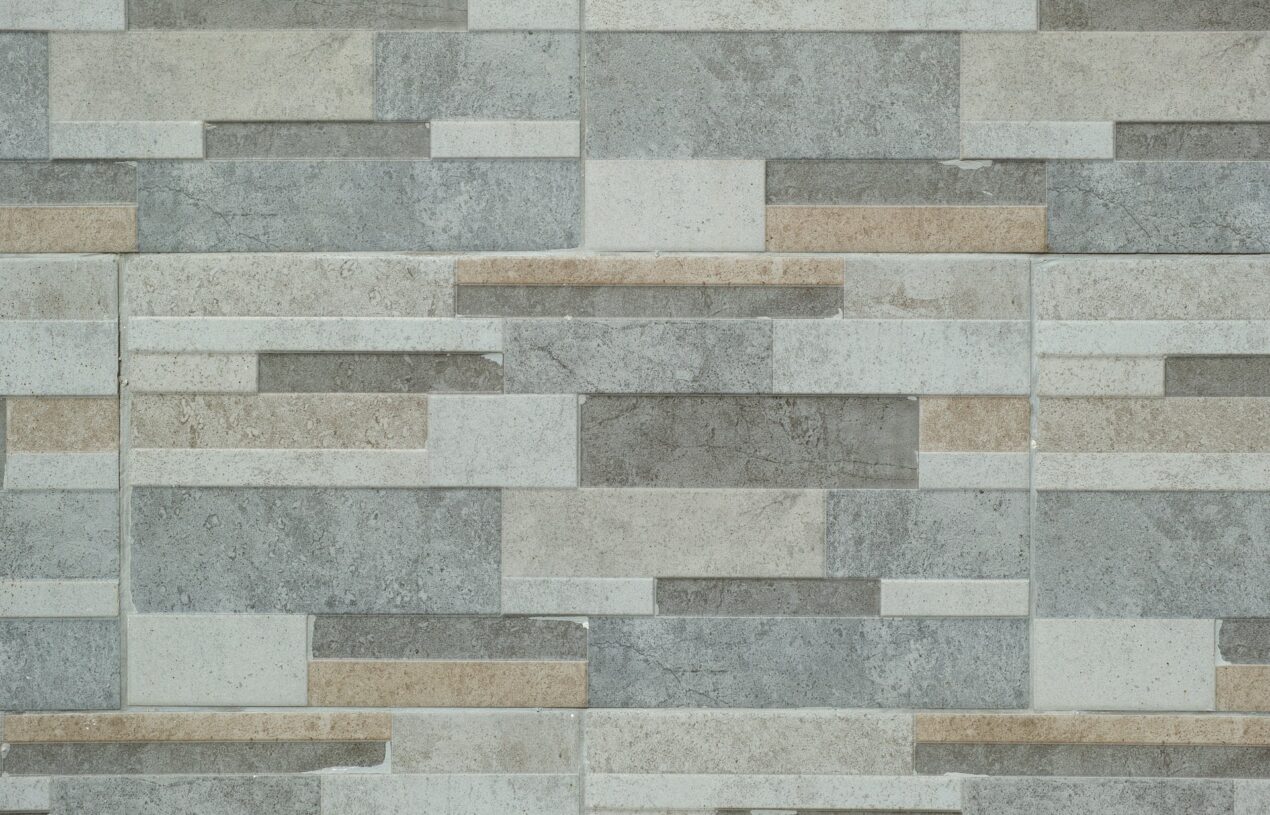The pros and cons of floor tile depend on the type of tile you purchase. For example, floor tiles come in ceramic, porcelain, or stone, each of which comes in a number of varieties and grades dependent upon their composition. The pros and cons of each must be carefully considered before purchase and installation.
Benefits of floor tiles
One of the primary flooring considerations for homeowners and business when it comes to floor tiling materials is its ability to endure wear and tear. Longevity is also important. The location must also be considered. Tile floors do provide a number of benefits that include but are not limited to:
Longevity – Unless one becomes cracked or broken, the benefit of floor tiles is their longevity. They wear well, whether using floor tiles for interior or exterior décor. Ceramic, stone, granite, slate, and marble are just a few of the options when it comes to tile flooring, each which provide their own unique appearance and strength.
Generally, floor tiles can last decades, but be aware that floor tiles are often rated in classes from One to Five. A Class Five flooring tile is the most durable, although most homes opt for Class Three or Four for home and family wear and tear. Floor tiles are also scratch resistant and durable in most temperatures.
Ease of cleaning – Cleaning any kind of floor tile is relatively easy using anything from a broom to mops to sponges. They hold up well and are most are water resistant as long as grout lines have also been sealed. Because of their water resistance, tile floors or excellent options for mud rooms, bathrooms, and kitchens.
Negative aspects of floor tiles
While floor tiles come with the number of benefits, they also have some cons.
Cost considerations – Floor tiles are often quite a bit more expensive than carpet or wood flooring or laminate flooring, depending on the type of tile you purchase. Marble and slate can be cost prohibitive depending on the amount of space covered. On average, marble tiles range anywhere from $5 to $10 per square foot, again depending on the size and thickness of the tile. The larger the tile, the more expensive. Slate tiles can range from $5 to $16 or more per square foot.
Temperature durability – Some floor tiles do not hold up well to damp or moist environments. For example, slate is more vulnerable to such environments and if not dried properly can develop mildew and sometimes even mold.
Installation – Installation of tile flooring can be challenging depending on the thickness and size of the tiles. They’re heavy and if mishandled or dropped can crack or break. Cutting such materials to fit properly in corners or small areas can be difficult to install in some areas. When working with expensive materials, a professional install is recommended.
Explore your options when it comes to the pros and cons of floor tile so that you choose the best tile composition that will meet your aesthetic and durability needs. ProSand Flooring are experts in hardwood floors in Indianapolis and carpet installation.

